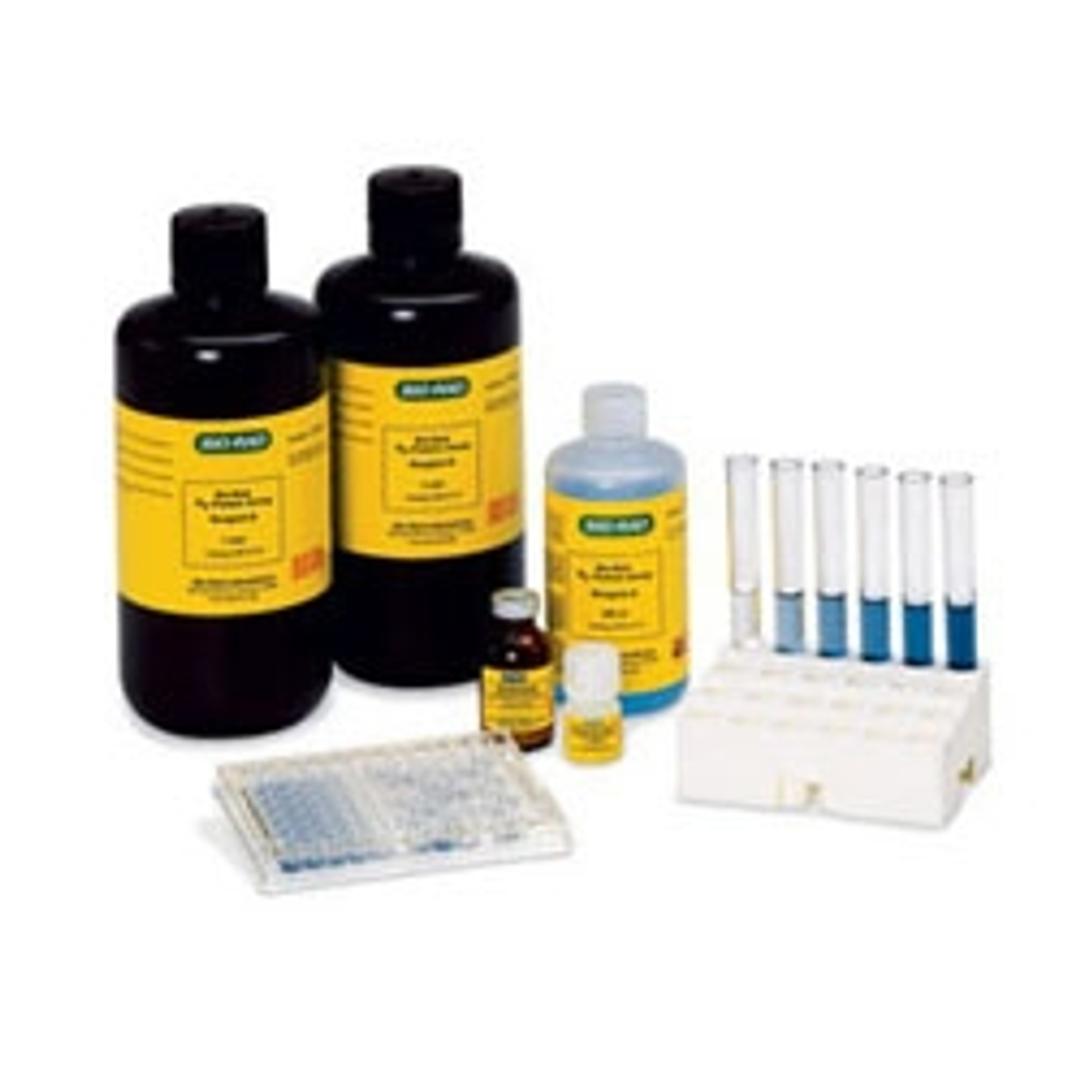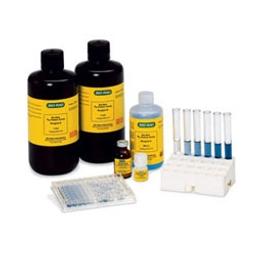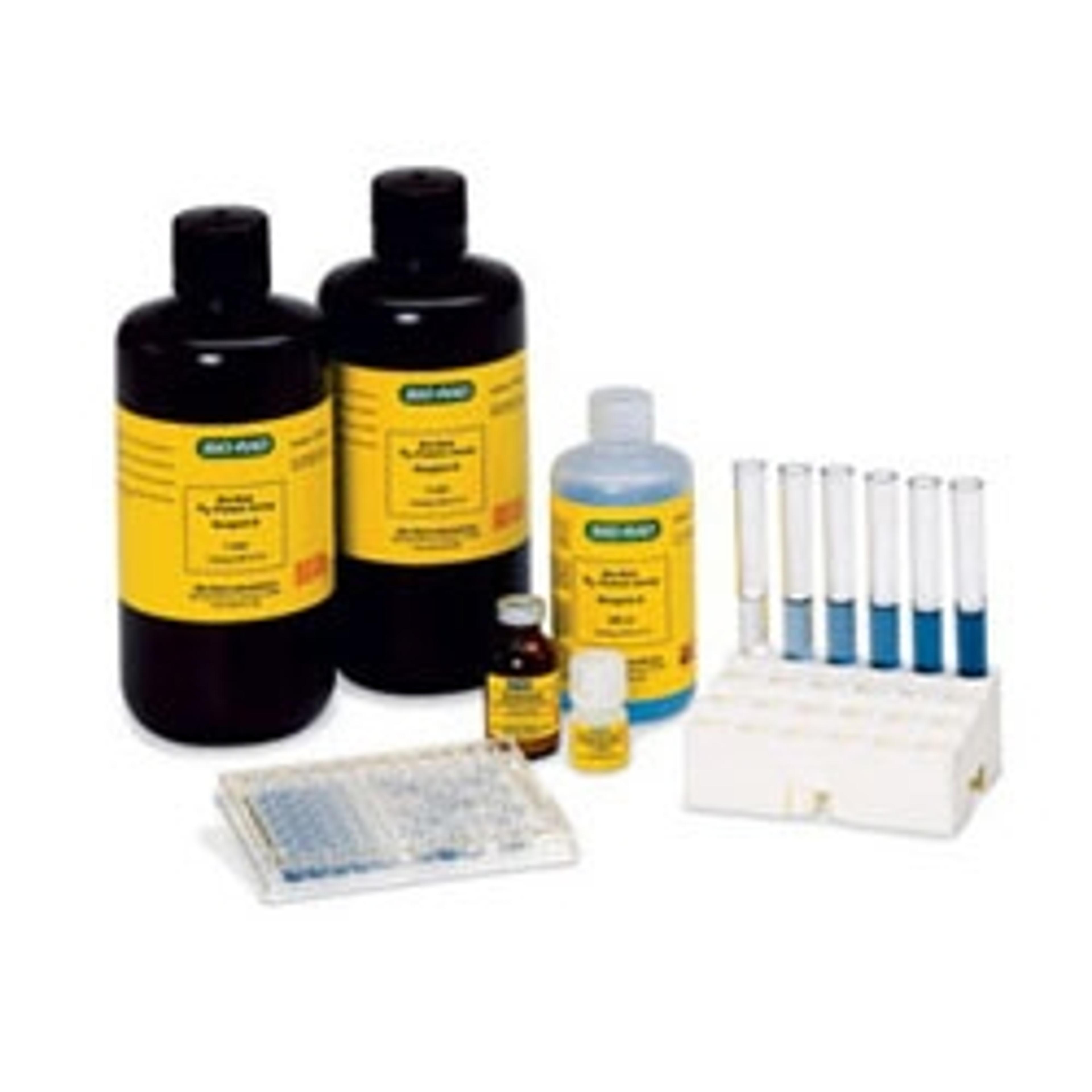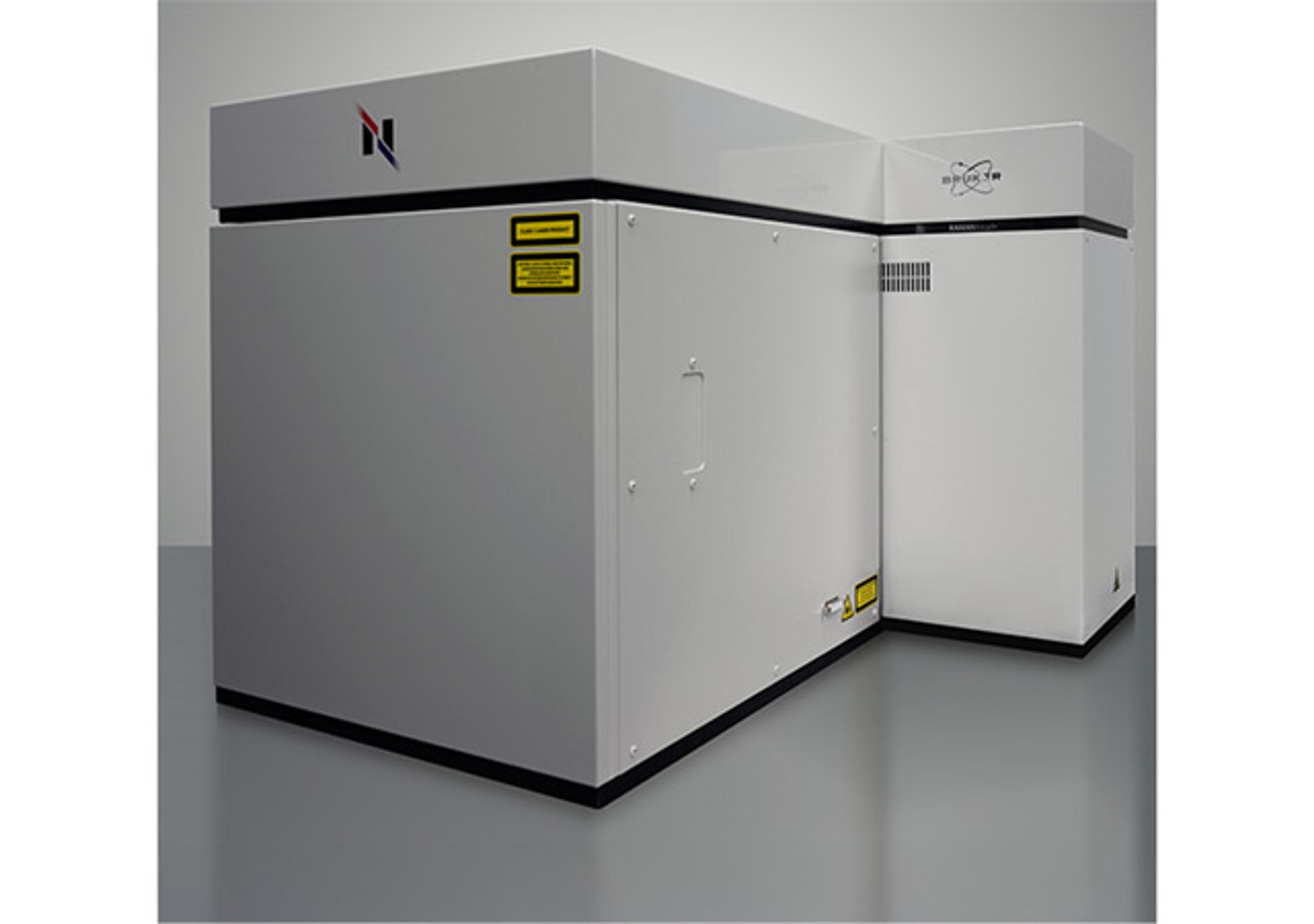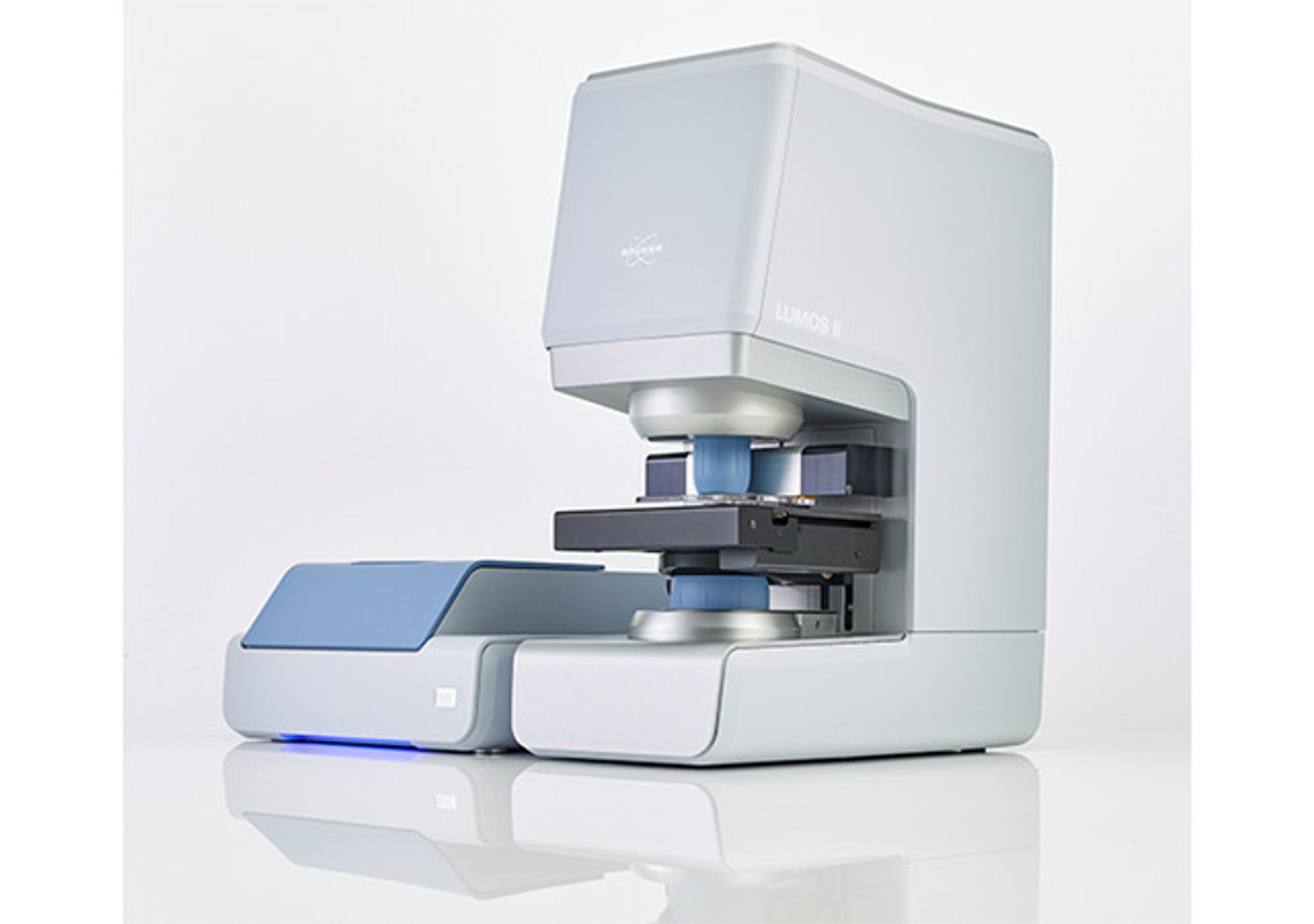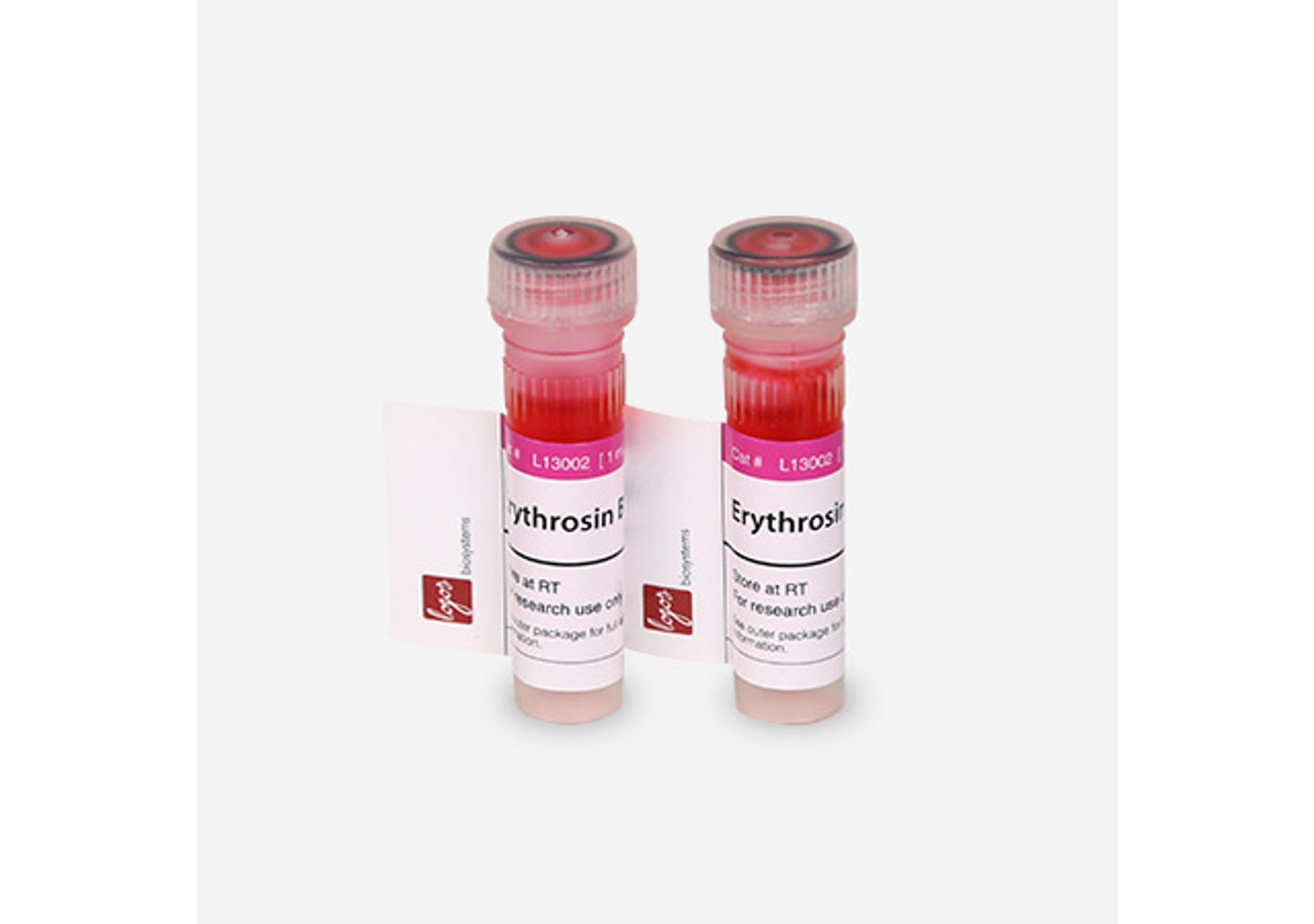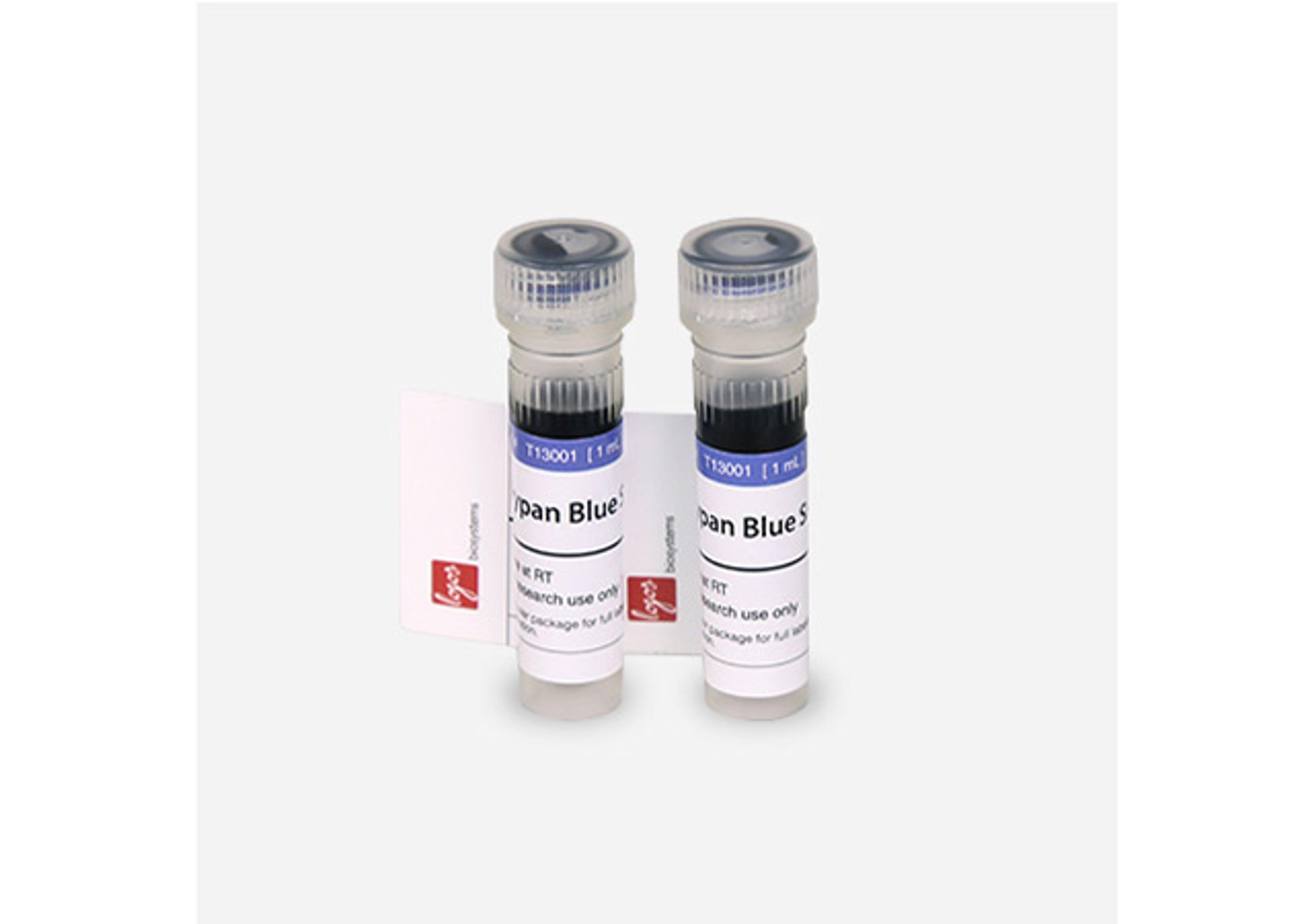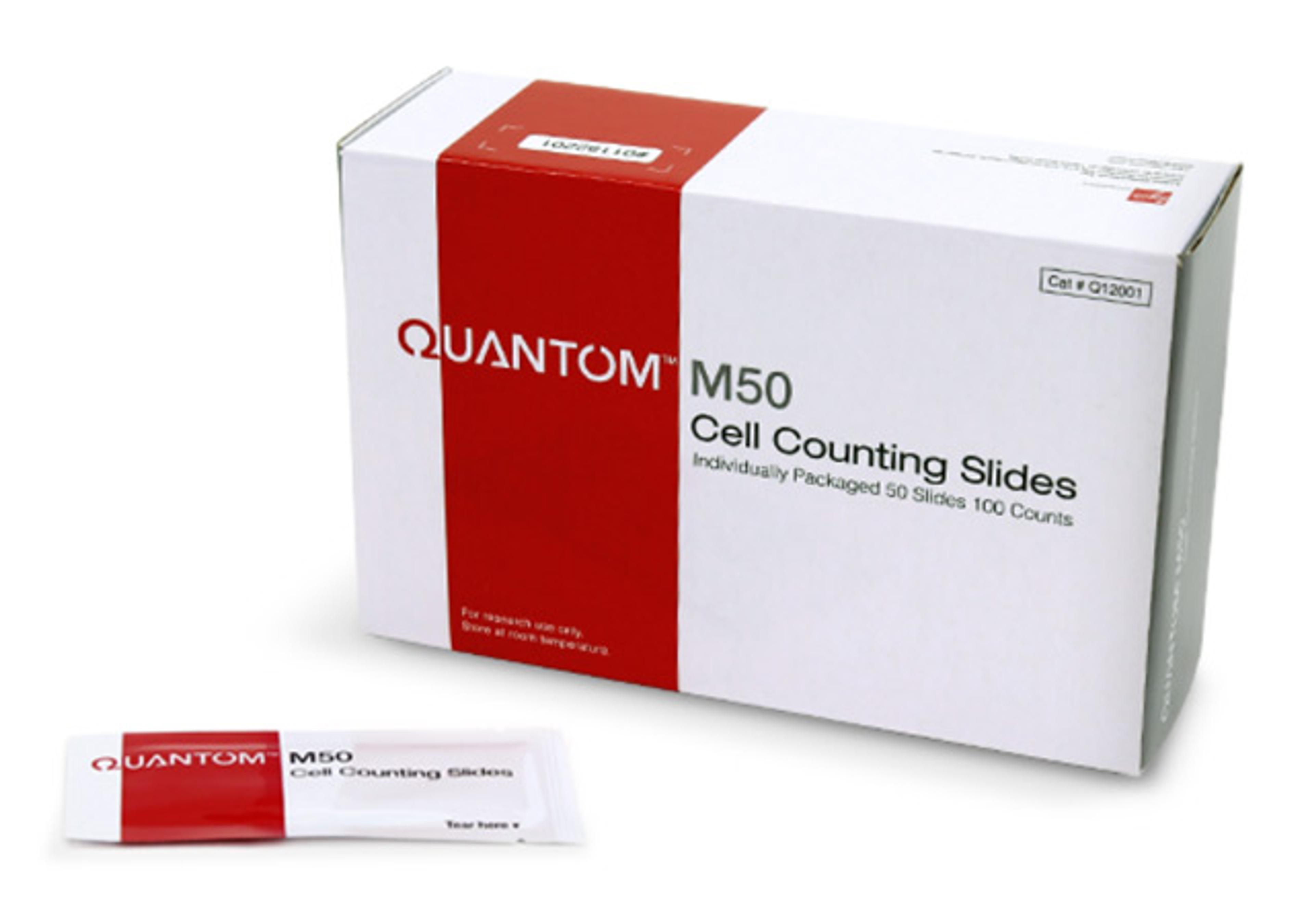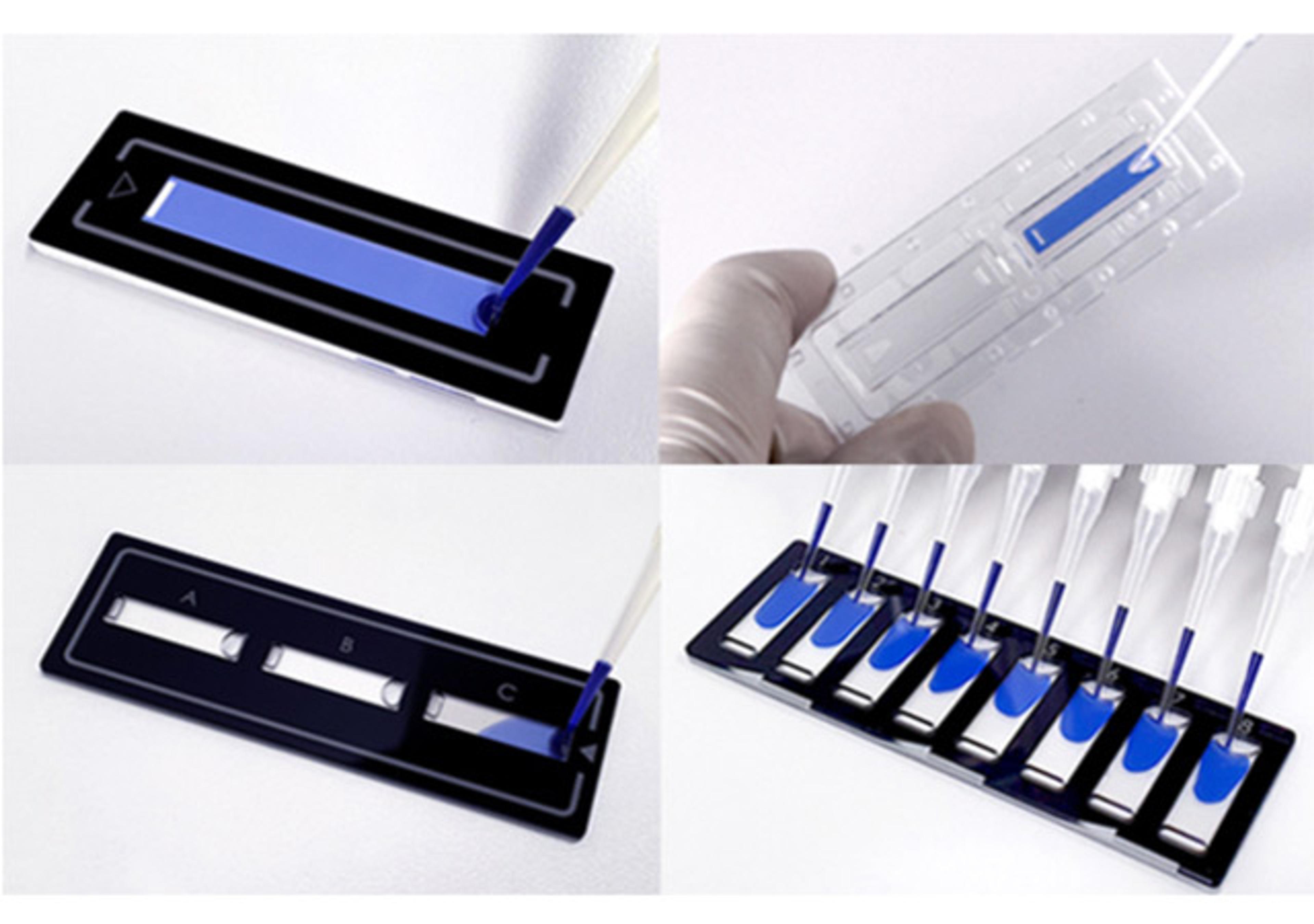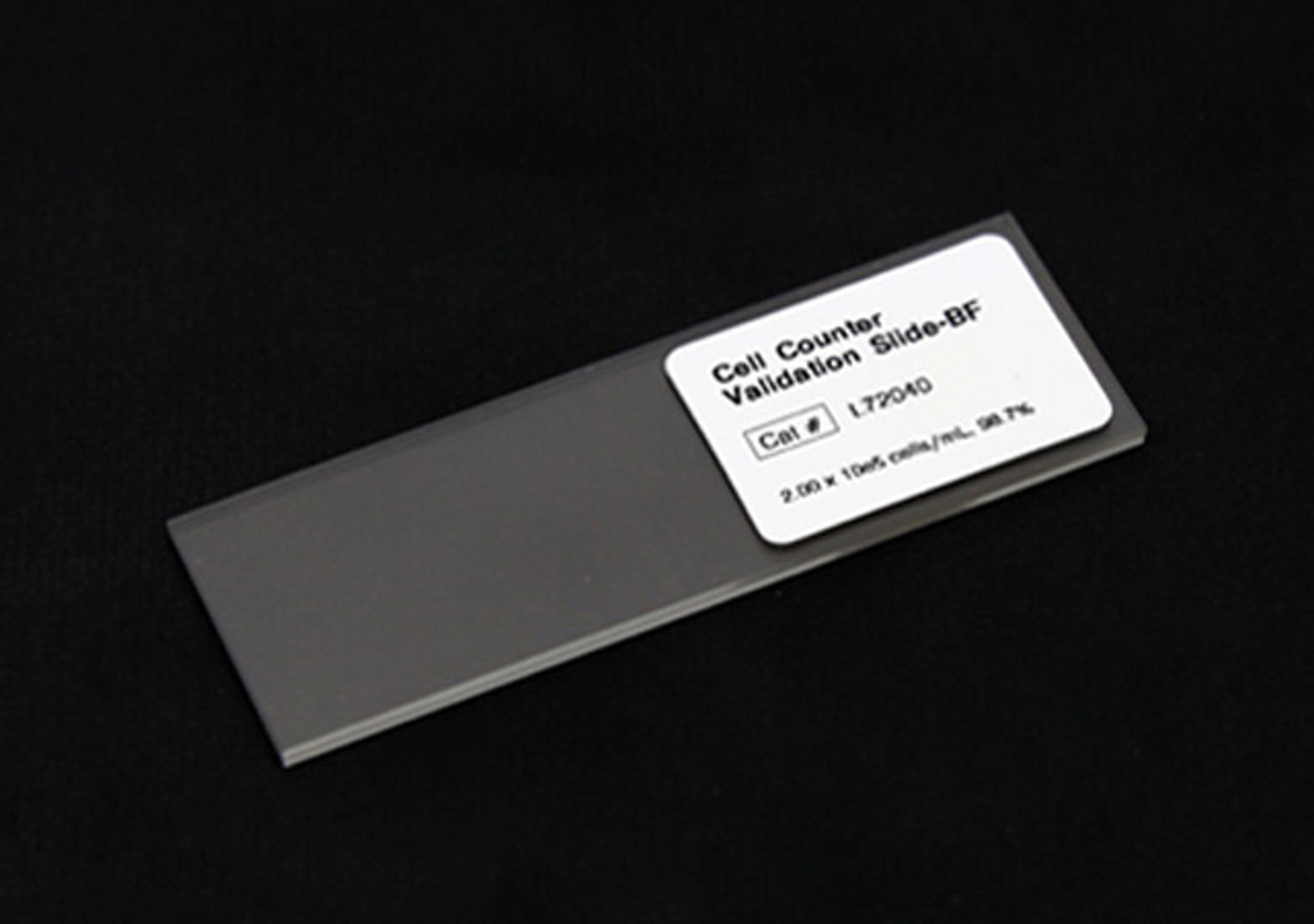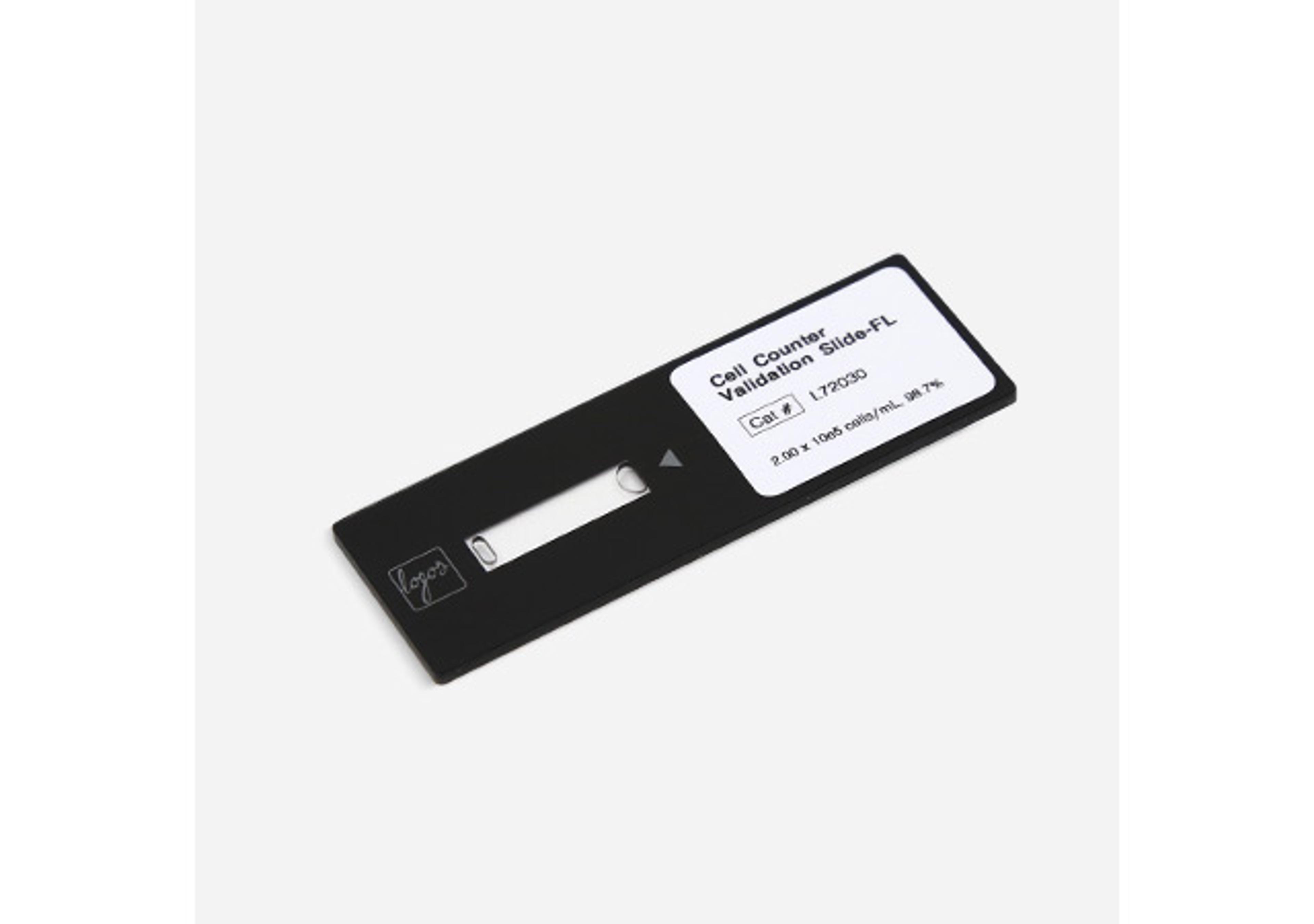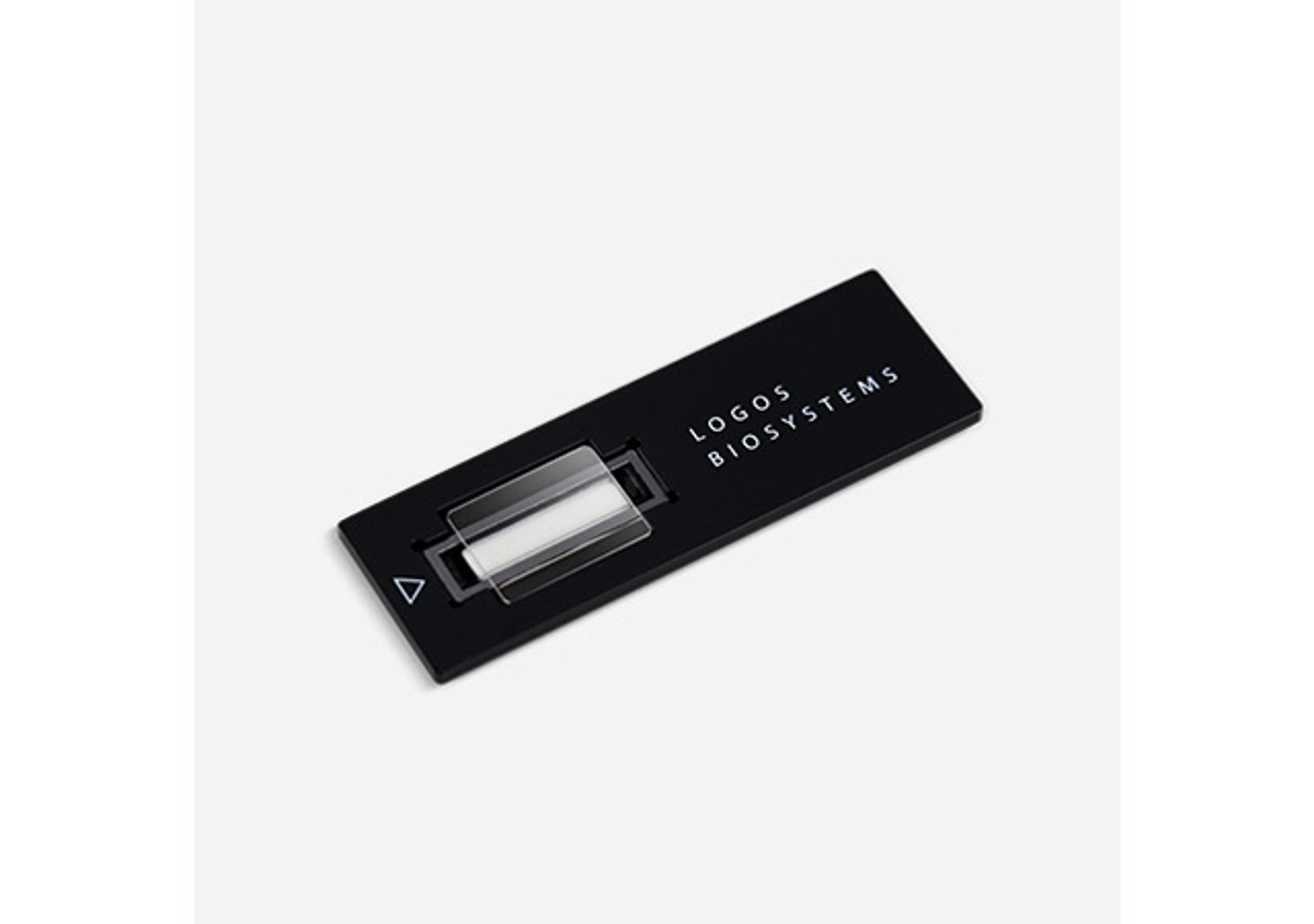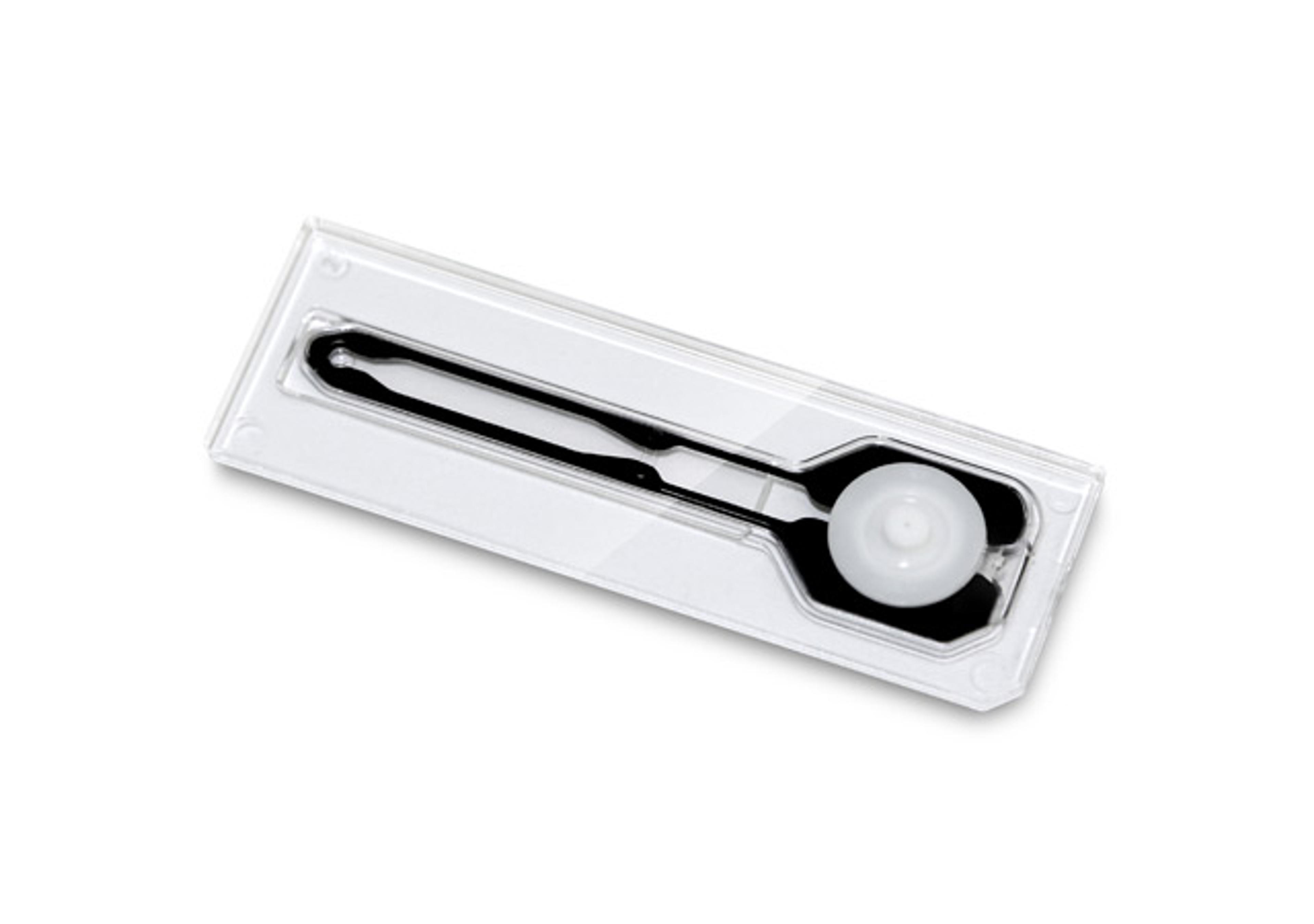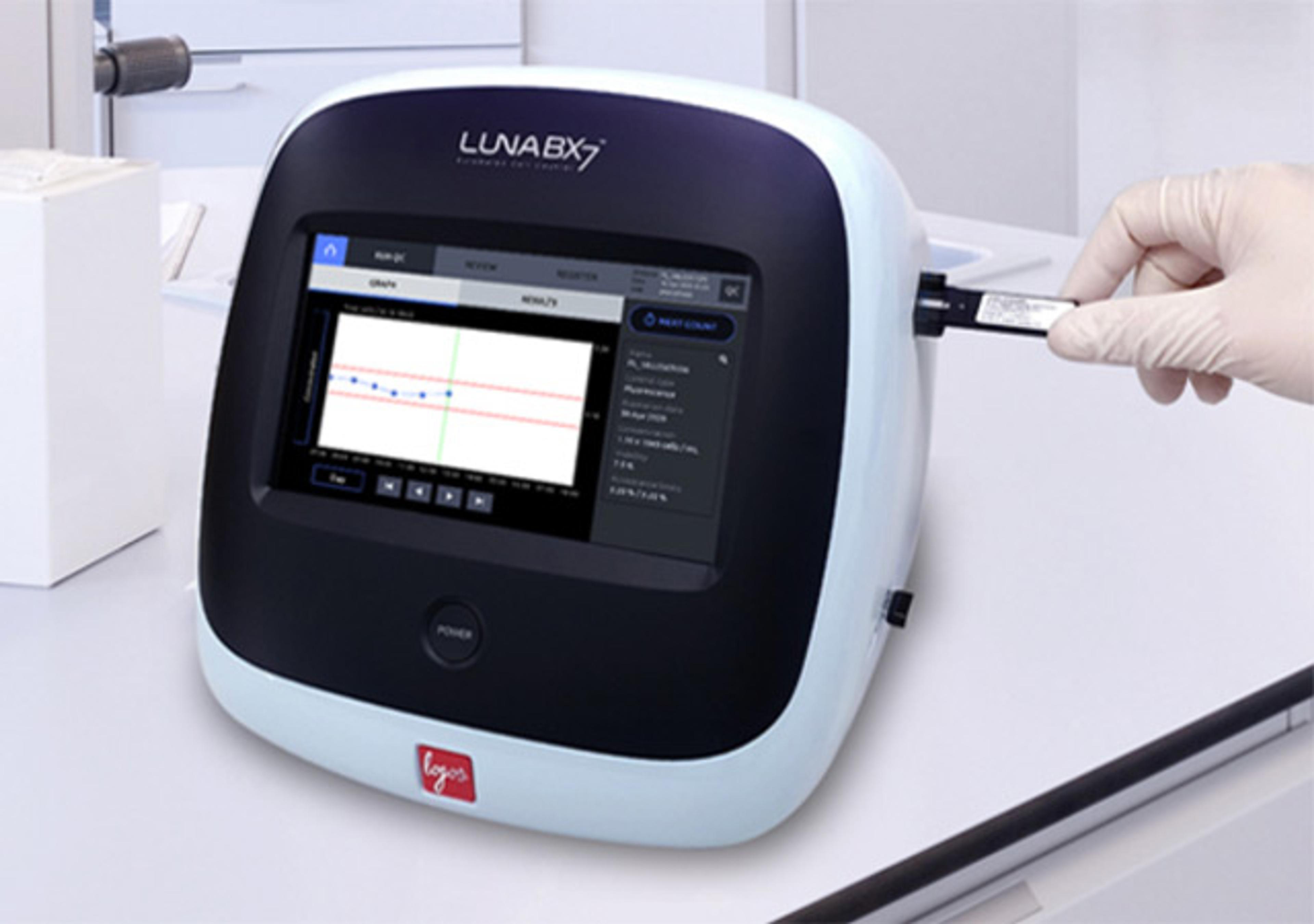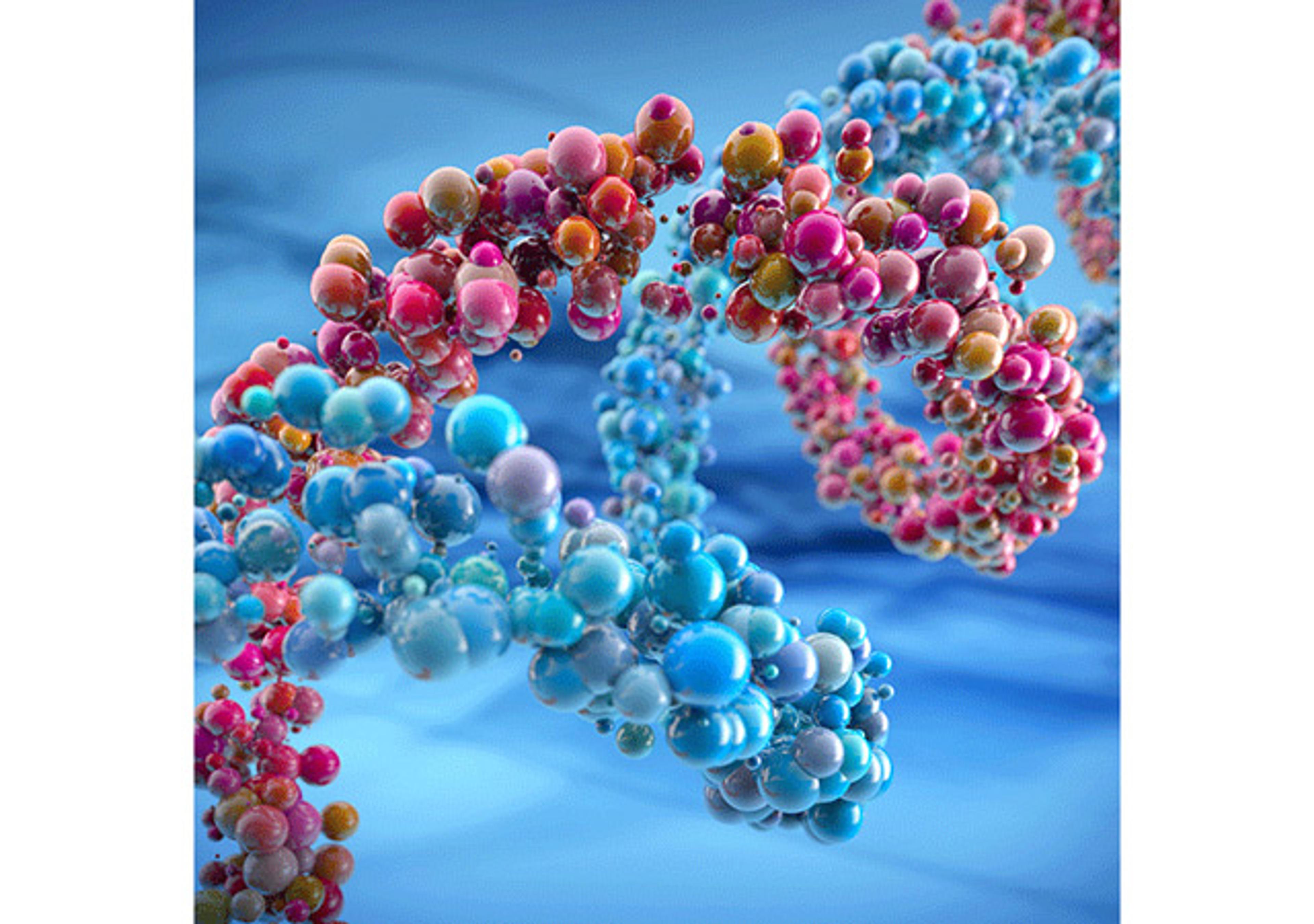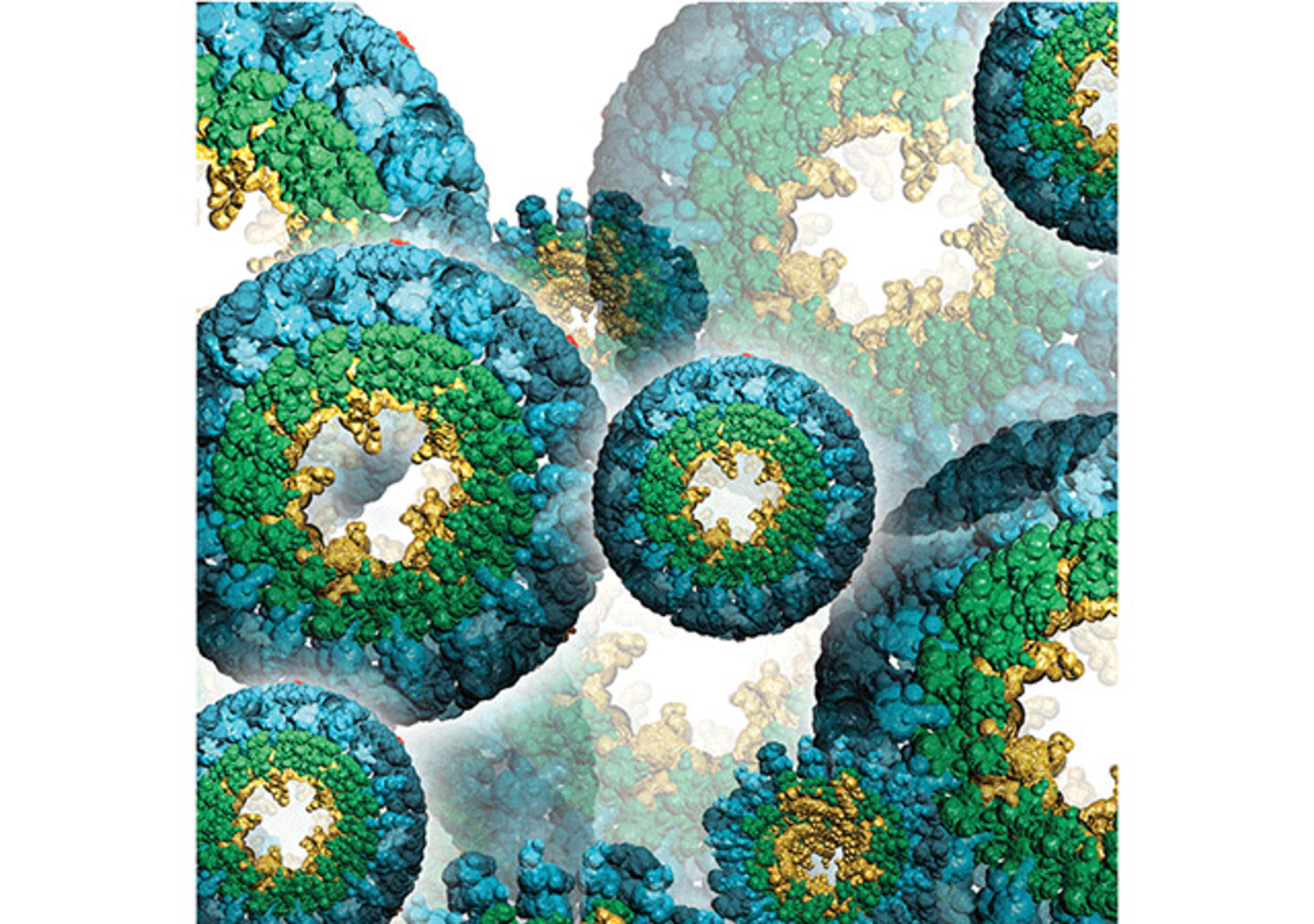Protein Assays
Bio-Rad offers four colorimetric protein assay kits for the measurement of protein levels using modifications of the Bradford and Lowry assay method. Disposable standard and semimicro plastic cuvettes ideal for these protein assays are also available.

The supplier does not provide quotations for this product through SelectScience. You can search for similar products in our Product Directory.
Protein Assay Dye Reagent Concentrate
A really valuable price and it works great. Keep it up Biorad!
Review Date: 4 Feb 2014 | Bio-Rad
Taq purificaion
This product works really well. It is easy to use and very accurate. Furthermore, having used it in a biochemistry teaching lab, it is very easy and quick for students to get a meaningful experience.
Review Date: 28 Feb 2013 | Bio-Rad
In a typical protein assay, a chemical reagent is added to a protein sample, producing a visible result, such as a color change in the sample solution. This color change is quantitated with a spectrophotometer or microplate reader, and compared to a standard curve of known concentrations of protein versus their absorbance after reaction with the reagent. The amount of protein in the unknown sample is determined by interpolation, reading the concentration of protein on the standard curve that corresponds to its absorbance.
The Bio-Rad Protein Assay is a simple colorimetric assay for measuring total protein concentration and is based on the Bradford dye-binding method. Using standard procedure, the assay is used with samples having protein concentrations between 200 and 1,400 µg/ml (20-140 µg total). It is weay to adapt the assay from the standard-concentration range to a low concentration (<25 µg/ml; 1-20 µg total) microassay or for rapid determinations in 96-well microplates.
The Bio-Rad assay is
- Based on the color change of Coomassie brilliant blue G-250 dye in response to various concentrations of protein — the dye binds to primarily basic (especially arginine) and aromatic amino acid residues
- Useful for measuring proteins and polypeptides, depending on the charged groups, with molecular weights >3,000–5,000
Many detergents and basic protein buffers interfere with the assay; interference may be caused by chemical-protein or chemical-dye interactions. Refer to the list of compatible reagents for more information.
Bio-Rad protein assay kits offer either bovine serum albumin or bovine γ-globulin standards.

